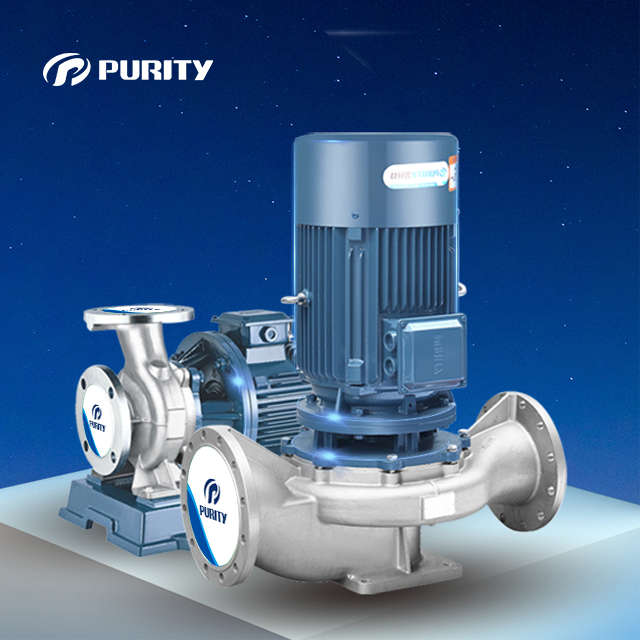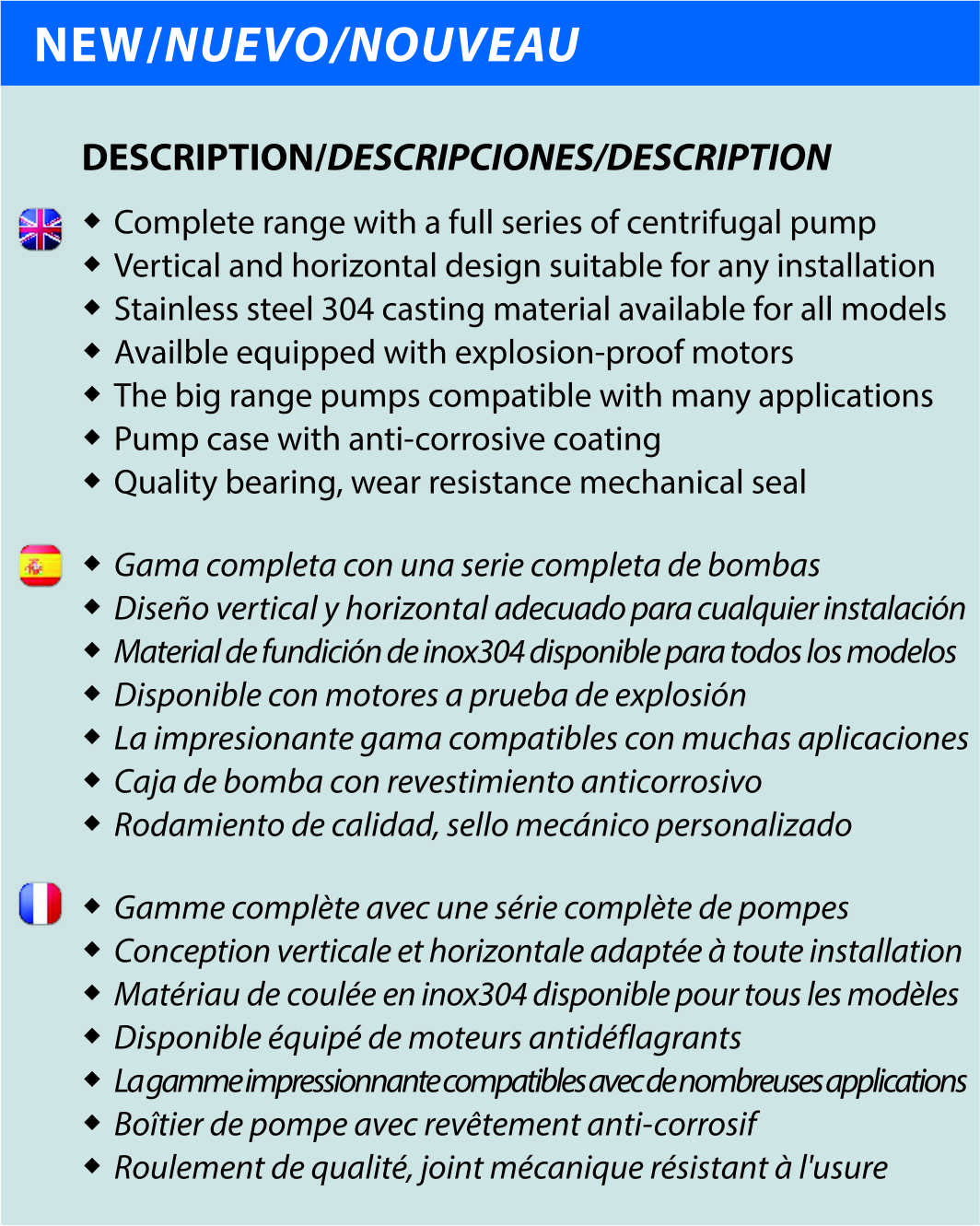In the vast world of fluid transportation, the pipeline pump stands out as a critical component, crucial for efficient and reliable movement of liquids through pipelines. Known also as an inline or booster pump, this device is engineered to enhance the flow and pressure of fluids such as water, oil, or chemicals in various industrial applications. Understanding the unique characteristics and benefits of pipeline pumps is essential for industries ranging from water supply and distribution to chemical processing.
Pipeline pumps are specifically designed to be integrated directly into pipeline systems. Unlike traditional pumps, which may require additional space or complex installations, pipeline pumps are installed in-line with the pipeline, typically in a horizontal orientation. This streamlined installation process allows for easy integration into existing systems with minimal modifications.
The primary function of a pipeline pump is to boost the pressure of the fluid flowing through the pipeline. By increasing pressure, these pumps help maintain consistent flow rates and ensure efficient fluid transportation over long distances. This is particularly vital in scenarios where fluid pressure may drop due to friction or resistance within the pipeline.

Picture|Purity PGLH
One of the significant advantages of pipeline pumps is their ability to regulate flow within the pipeline system. By adjusting the pump’s speed or capacity, operators can control the flow rate to meet specific needs. This flexibility is especially beneficial in systems where demand for fluid flow can vary.
Another notable feature is their compact and space-efficient design. Pipeline pumps are generally smaller and more streamlined compared to other types of pumps, making them ideal for installations in confined spaces. Their efficient operation also contributes to reduced energy consumption and lower operating costs, offering a cost-effective solution for fluid handling.
Applications Across Industries
Pipeline pumps find applications across a broad spectrum of industries. In water supply and distribution systems, these pumps ensure that water is transported efficiently from treatment facilities to end-users, overcoming the challenges posed by long pipeline networks. In the oil and gas industry, pipeline pumps are crucial for transporting crude oil and refined products over extensive distances. Similarly, in chemical processing, they handle the movement of various chemicals through pipelines, maintaining process efficiency and safety.
The versatility of pipeline pumps extends to different operational requirements. While many pipeline pumps are single-stage, some applications necessitate multi-stage pumps to handle higher pressure requirements or specific operational conditions. This adaptability makes pipeline pumps suitable for a wide range of fluid handling needs.

Figure | Purity PGLH Description
PURITY Pump, a leading supplier in China, exemplifies the quality and reliability of pipeline pumps available in the market. Known for their durability and performance, PEARL Pump’s products are engineered to meet the rigorous demands of various pipeline applications. With a reputation for delivering high-quality and cost-effective solutions,PURITY Pump offers an array of pipeline pumps that cater to diverse industrial needs.
When considering pipeline pumps, their advantages of easy installation, maintenance, and efficient operation make them a preferred choice in many scenarios. Their ability to maintain consistent pressure and flow, coupled with their space-saving design, underscores their importance in modern fluid handling systems. For industries looking to optimize their pipeline operations, investing in high-quality pipeline pumps like those offered byPURITY Pump ensures reliable and efficient performance.
In summary, pipeline pumps are an essential component in the effective management of fluid transportation systems. Their specialized design and functionality provide critical benefits across various industries, making them indispensable for maintaining the efficiency and reliability of pipeline networks.